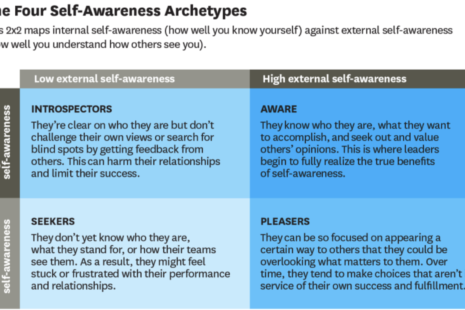Building emotional intelligence (EI) in the workplace is crucial for fostering a positive work environment, enhancing team collaboration, and improving overall productivity.
Here’s how individuals and organizations can cultivate emotional intelligence…
For Individuals
- Self-Reflection- Regularly reflect on your own emotions and reactions. Ask yourself why you feel a certain way and how your emotions influence your decisions and interactions with others.
- Seek Feedback- Ask for feedback on your behavior and communication style from colleagues and managers. Be open to criticism and use it as a foundation for growth.
- Practice Active Listening- Focus on really hearing what others are saying, including non-verbal signals. This shows respect and understanding and can improve your relationships with colleagues.
- Manage Stress Effectively- Learn and apply stress management techniques such as deep breathing, meditation, or exercise. Managing your own stress helps you remain calm and clear-headed in challenging situations.
- Develop Empathy- Make a conscious effort to understand things from others’ perspectives. This can involve considering their feelings and circumstances before responding or making decisions.
- Improve Communication Skills- Work on conveying your thoughts and feelings clearly and respectfully. Effective communication can reduce misunderstandings and conflict.
- Resolve Conflicts Constructively- When conflicts arise, approach them with a mindset of finding a solution that benefits all parties. Stay focused on the issue at hand and avoid personal attacks.
For Organizations
- Training Programs- Implement training sessions focused on developing emotional intelligence, including workshops on communication, conflict resolution, and stress management.
- Mentoring and Coaching- Offer mentoring or coaching opportunities to help employees identify and work on their EI skills in a supportive environment.
- Performance Feedback- Include emotional intelligence as a component of performance evaluations. Encourage managers to provide constructive feedback on EI-related competencies.
- Foster a Supportive Culture- Create a culture that values openness, trust, and respect. Encourage employees to express their feelings and opinions in a constructive manner.
- Promote Work-Life Balance- Encourage practices that support a healthy work-life balance. Employees who are less stressed and more fulfilled in their personal lives are likely to have higher EI.
- Leadership by Example- Leaders should model emotional intelligence in their behavior. This includes showing empathy, practicing effective communication, and demonstrating self-awareness and self-regulation.
- Team-Building Activities- Regular team-building activities can help strengthen relationships among colleagues, improve communication, and build trust.
Building emotional intelligence is an ongoing process that requires commitment and practice. Individuals and organizations can enhance their EI capabilities, leading to a more positive and productive workplace.







